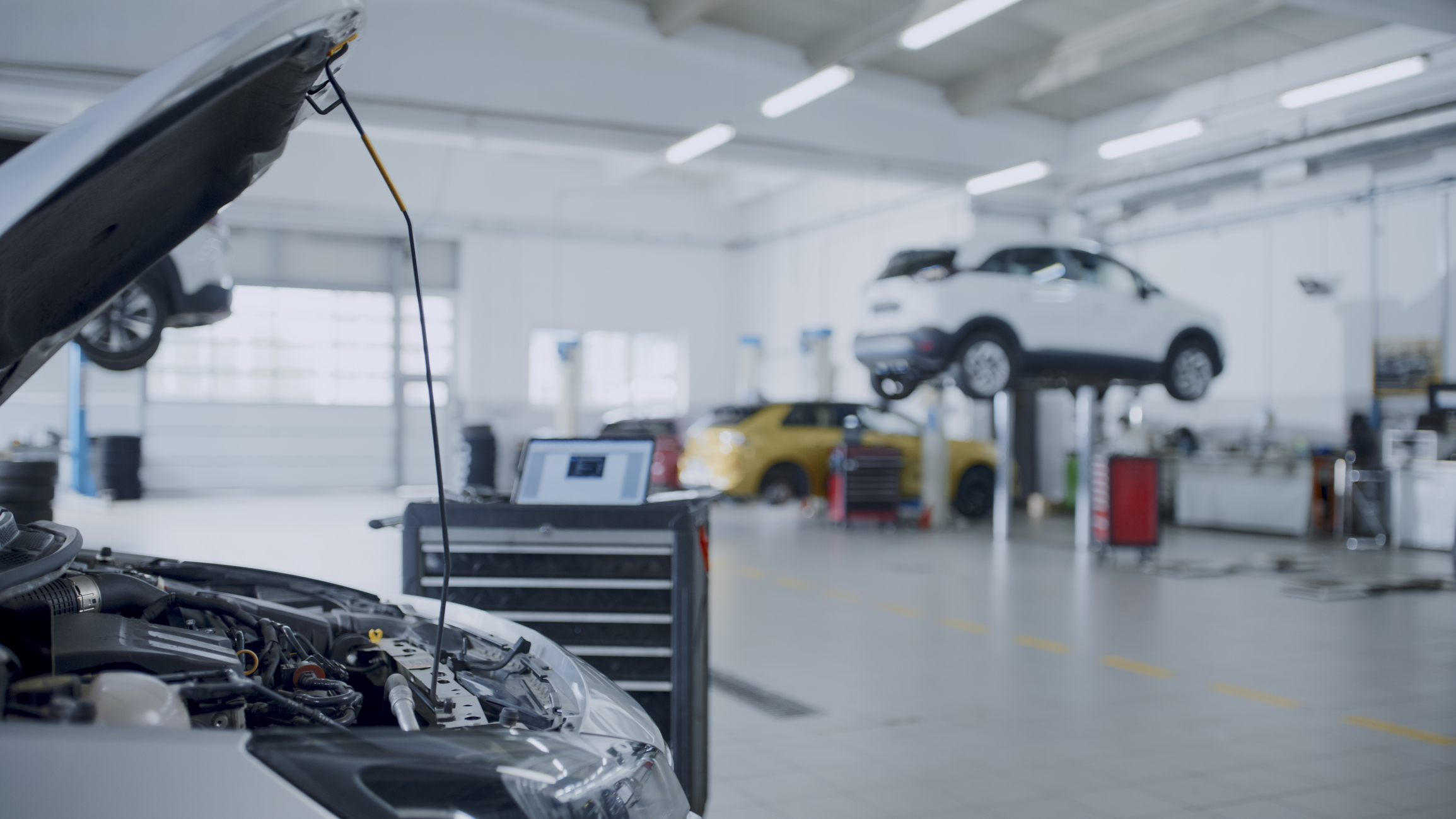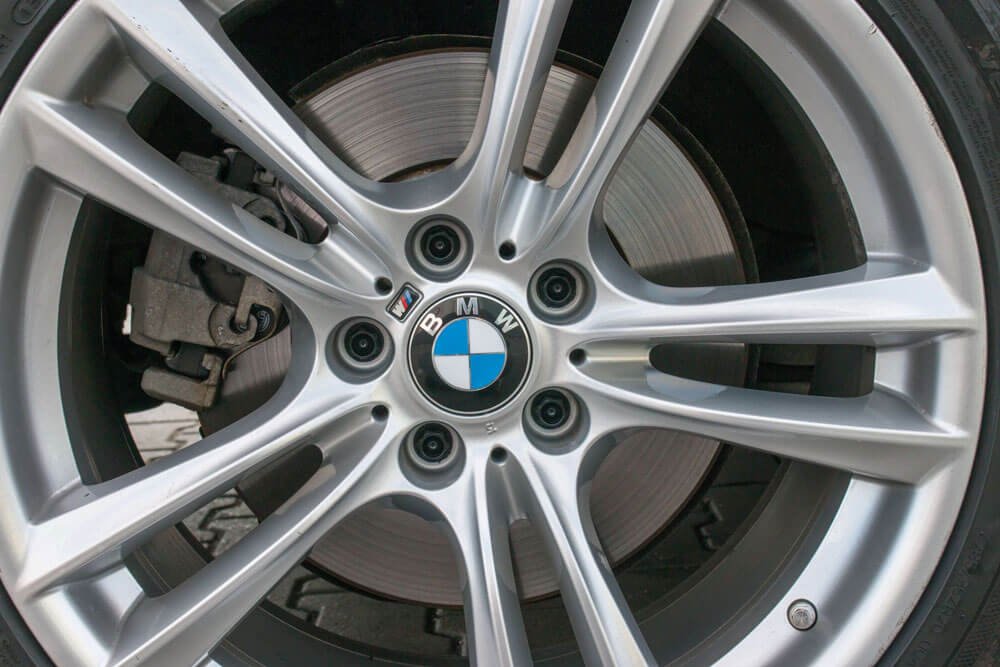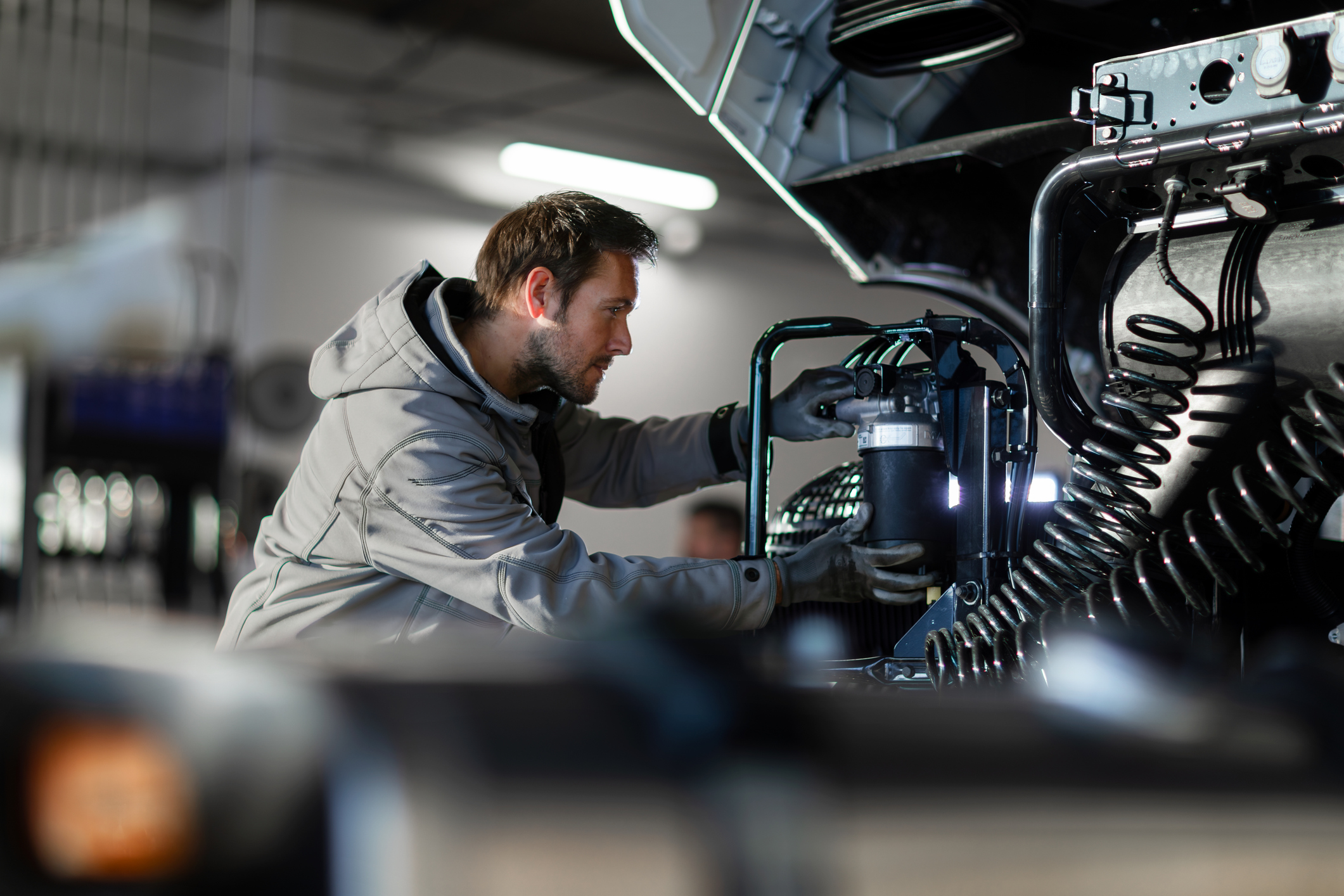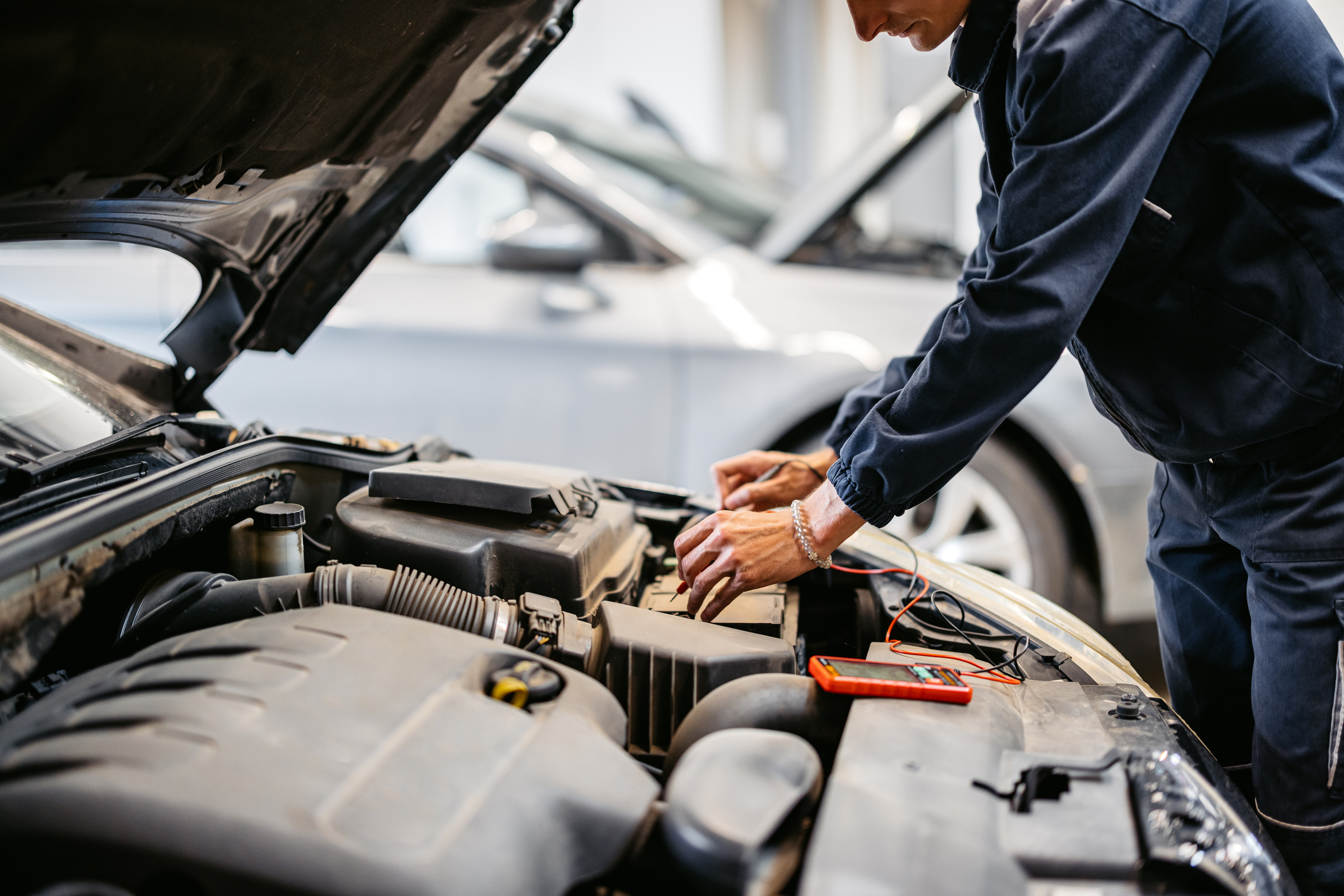
Book your service | Email: mga.repairs@gmail.com | Fax/Call us (02) 9708 4601
Book your service |
Email: mga.repairs@gmail.com |
Fax/Call us (02) 9708 4601
Blogs
6 Signs It’s Time to Replace Your Brake Pads – Ensure Vehicle Safety

“Discover the 6 critical signs that indicate it’s time to replace your brake pads. Don’t compromise safety; learn when to refresh this vital vehicle component.”
When it comes to vehicle safety, few components are as critical as your brake pads. These unassuming pieces of friction material play a pivotal role in ensuring your car stops when you need it to. Over time, however, brake pads wear down, and neglecting their condition can compromise your safety on the road. To help you stay safe and maintain your vehicle, here are six telltale signs that it might be time to replace your brake pads.
1. Squealing or Screeching Sounds: One of the most common and noticeable signs of worn-out brake pads is a high-pitched squealing or screeching sound when you apply the brakes. This noise is often caused by a small metal indicator built into the pad. When the pad wears down to a certain point, this indicator contacts the rotor, creating the noise as a warning. If you hear these sounds, it’s a clear indication that your brake pads need attention.
2. Reduced Braking Performance: If you notice that your car takes longer to come to a complete stop or the brakes feel less responsive, it could be a sign of worn-out brake pads. As the pads wear down, they lose their ability to generate sufficient friction with the brake rotor, resulting in reduced braking performance. This can be especially dangerous in emergency situations.
3. Vibration or Pulsation: A noticeable vibration or pulsation in the brake pedal when you apply the brakes may indicate uneven wear on your brake pads or warped brake rotors. This unevenness can lead to an inconsistent braking experience and may require both rotor resurfacing and brake pad replacement.

4. Warning Light on Dashboard: Many modern vehicles are equipped with a dashboard warning light that monitors the condition of various vehicle systems, including the brake system. If the brake warning light illuminates, it’s crucial not to ignore it. This light can indicate issues with the brake pads, brake fluid, or other brake components. Get your brakes inspected promptly to identify the problem.
5. Thinner Brake Pads: An easy way to visually inspect your brake pads is by looking through the spokes of your wheel. Brake pads typically have a minimum thickness, and if they appear to be significantly thinner than the surrounding metal, it’s a clear sign they need replacement. Most mechanics recommend changing brake pads when they reach around 3 to 4 millimetres in thickness.
6. Pungent Burning Smell: If you notice a burning or chemical odor after driving, especially following hard or continuous braking, it could be an indication of overheated brake pads. Overheating can lead to the deterioration of brake pad material, reducing their effectiveness. It’s essential to address this issue promptly to avoid further damage.
In conclusion, your brake pads are essential for your safety on the road. Ignoring the signs of worn-out brake pads can lead to reduced braking performance, longer stopping distances, and even brake system damage. If you observe any of these six signs, don’t delay in getting your brake pads inspected and replaced by a trusted automotive professional.

At MGA Motor Repairs, our team of experienced technicians specialises in brake inspections, maintenance, and replacements. We understand the critical role that brake pads play in your vehicle’s safety, and we’re dedicated to keeping you safe on the road. If you suspect your brake pads may need replacement or have any concerns about your vehicle’s braking system, contact us today for a thorough inspection and expert brake pad replacement services. Your safety is our top priority.
Share this article
Recent Blogs
- All Posts



